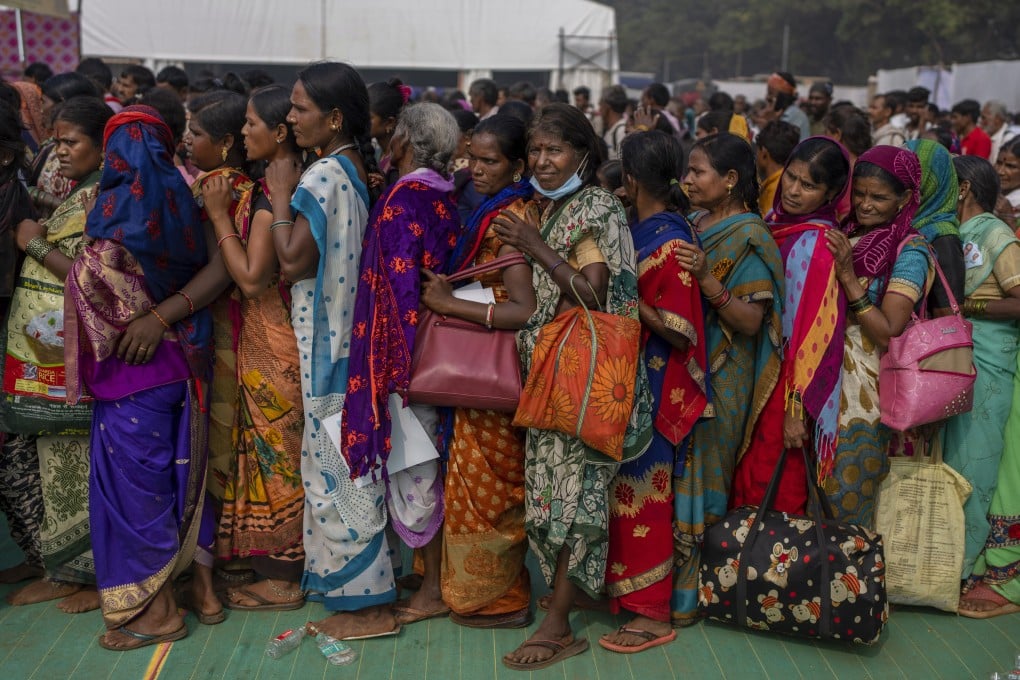Opinion | No escape from caste: India’s ‘untouchable’ women face discrimination in schemes meant to help them
- Despite India banning caste-based discrimination, it remains a fact of life for Dalits who continue doing the worst-paid, most degrading jobs
- Dalits are caught in a Catch-22 situation where they must show a caste certificate when applying for assistance, but which is then used against them to deny them help

But then other vendors found out who Seema was.
They yelled at her customers for buying her samosas. They threatened her husband for “polluting” the market by selling food prepared by her. She put up with it for months before giving up.
What had Seema done wrong? She had been born a Dalit, a member of the “untouchables”, the lowest group in India’s ancient and now officially obsolete caste system.
Seema didn’t look, talk or behave any differently. But someone had found out her family name, which indicated she was descended from pig farmers, a job only done by Dalits. That was enough.

A rigid occupational hierarchy
While there is some debate about British colonialism amplifying it, the origins of India’s caste system go back thousands of years, and are deeply entwined in Hinduism, the religion followed by about 80 per cent of India’s population.

